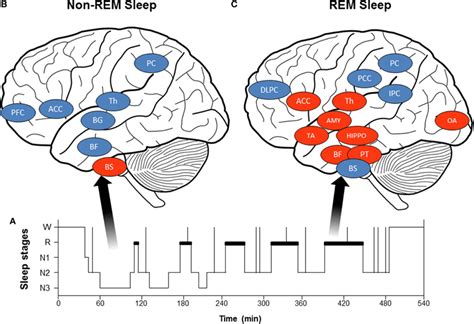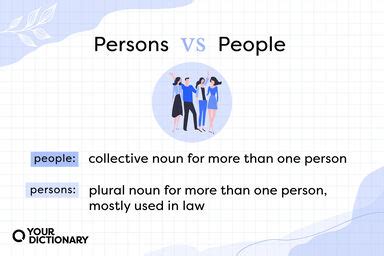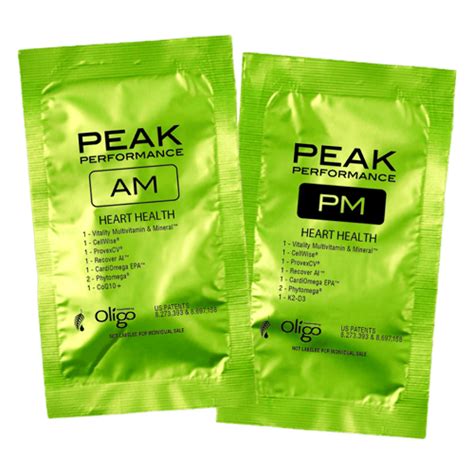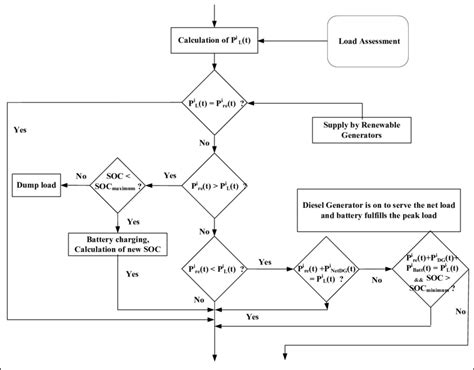Optimize sleep for sharper focus & faster recovery?

Unlocking Peak Performance: The Power of Optimized Sleep
In our increasingly demanding world, the quest for sharper focus, sustained energy, and rapid recovery is constant. While diet, exercise, and mindfulness often take center stage, one fundamental pillar is frequently overlooked or deprioritized: sleep. Far from a passive state, sleep is an active, essential process that profoundly impacts every aspect of our physical and mental well-being, directly influencing our ability to concentrate and recover.

The Science Behind Sleep, Focus, and Recovery
During sleep, your brain and body don’t simply shut down; they engage in crucial restorative work. For cognitive function, sleep facilitates memory consolidation, processing information, and clearing metabolic byproducts that accumulate during wakefulness. Lack of adequate sleep impairs attention, problem-solving, decision-making, and emotional regulation, leading to a noticeable decline in focus and productivity.
Physically, sleep is the body’s primary time for repair and regeneration. Growth hormone is released, aiding in muscle repair and growth. The immune system strengthens, fighting off illness and inflammation. Hormones crucial for appetite regulation and stress response are balanced. Compromised sleep directly hinders athletic recovery, weakens immune defenses, and can lead to increased injury risk.

How Sleep Optimization Works
Optimizing sleep isn’t just about getting enough hours; it’s about the quality of those hours. Your sleep cycles – including non-REM (NREM) stages 1, 2, 3 (deep sleep), and REM sleep – each play distinct roles. Deep sleep is vital for physical restoration and growth hormone release, while REM sleep is crucial for cognitive processing, memory consolidation, and emotional regulation. Disruptions to these cycles, even if you spend enough time in bed, can negate many benefits.

Practical Strategies for Better Sleep
Transforming your sleep habits requires consistent effort, but the rewards are immense. Here are key strategies:
1. Maintain a Consistent Sleep Schedule
Go to bed and wake up at the same time every day, even on weekends. This regulates your body’s natural circadian rhythm, making it easier to fall asleep and wake up feeling refreshed.
2. Create an Optimal Sleep Environment
Your bedroom should be a sanctuary for sleep. Keep it dark, quiet, and cool (ideally between 60-67°F or 15-19°C). Invest in comfortable bedding and consider blackout curtains or a white noise machine if needed.
3. Mind Your Diet and Exercise
Avoid heavy meals, caffeine, and alcohol close to bedtime. While regular exercise promotes better sleep, strenuous activity too close to sleeping can be counterproductive. Aim to finish intense workouts several hours before bed.
4. Limit Screen Time Before Bed
The blue light emitted by smartphones, tablets, and computers can suppress melatonin production, interfering with your natural sleep cues. Implement a “digital detox” at least an hour before sleep.
5. Develop a Relaxing Bedtime Routine
Signal to your body that it’s time to wind down. This could include a warm bath, reading a book, gentle stretching, or meditation. Consistency helps condition your mind and body for sleep.

The Profound Impact of Optimized Sleep
Embracing these strategies can lead to a remarkable transformation. You’ll likely experience a significant boost in cognitive function, manifesting as sharper focus, enhanced creativity, and improved decision-making throughout your day. Physically, your body will recover more efficiently from workouts, reduce inflammation, and bolster your immune system, leading to fewer sick days and a greater capacity for physical activity.
Beyond performance, optimized sleep contributes to better mood regulation, reduced stress levels, and an overall sense of well-being and resilience. It’s not just about adding years to your life, but life to your years.

Conclusion
Optimizing your sleep is not a luxury; it’s a non-negotiable component of a healthy, productive, and fulfilling life. By understanding its critical role in cognitive function and physical recovery, and by implementing practical, consistent strategies, you can unlock a higher level of performance and well-being. Prioritize your sleep, and watch as your focus sharpens, your body recovers faster, and your overall vitality soars.









